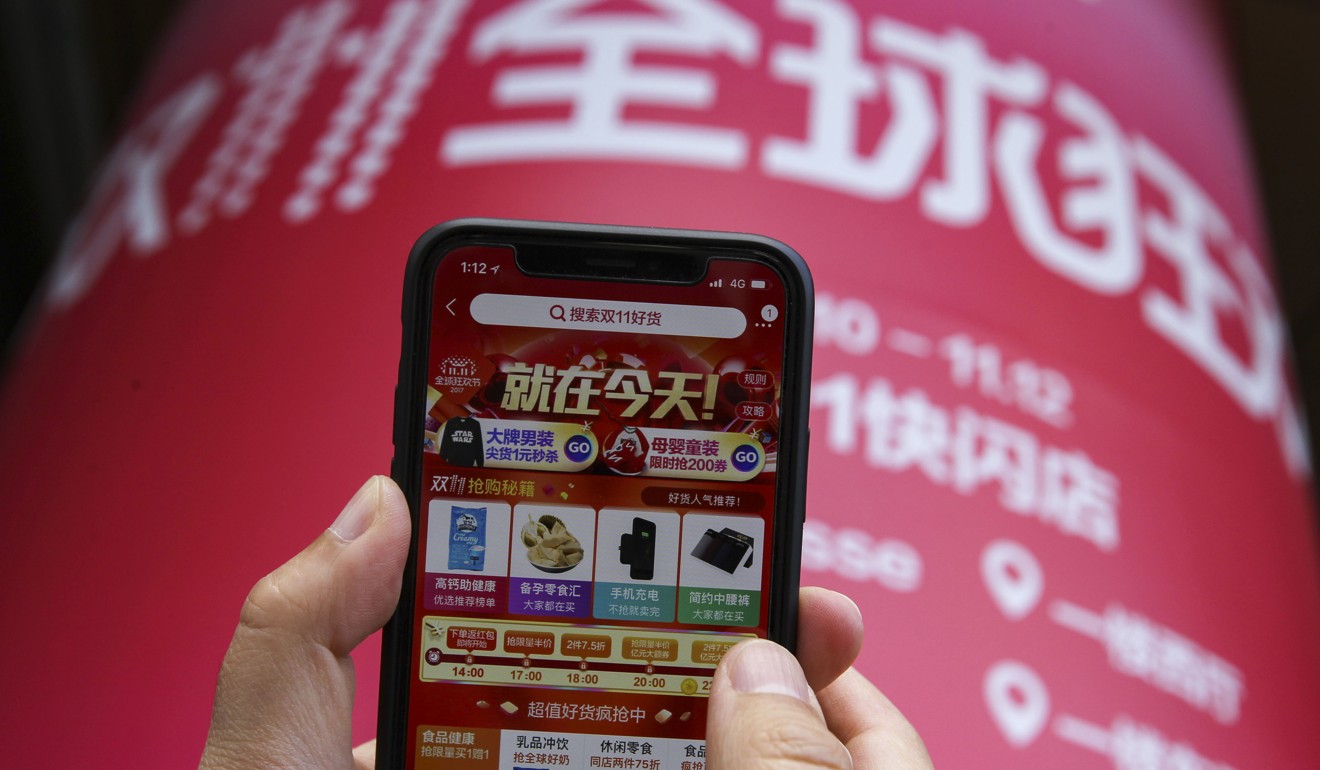
Shop online with image search: Snapchat and Amazon take a leaf out of Taobao’s play book
Popular multimedia messaging app Snapchat is partnering up with Amazon.com in e-commerce to offer a feature that lets users take a picture of an item in real-life and buy it online – following in the footsteps of Alibaba Group Holding’s shopping platforms Taobao Marketplace and Tmall, which have had this feature for several years.
Snapchat, famous for the way pictures and messages sent via its platform disappear after a certain period of time, said in a blog post on Monday that its new “visual search” function lets users point their camera at any item in the real world and snap a picture to search for the product. If Amazon recognises the item, it will offer up a link that redirects users to the e-commerce site, where they can continue browsing or complete the purchase.
The feature is still in an initial launch phase according to Snap’s statement, so only a small number of users in the US can use it currently. But this kind of visual search function has been a staple in Chinese e-commerce apps Taobao and Tmall since 2014, accessible via the search bar.
Based on a photo uploaded or taken by the user, consumer-to-consumer platform Taobao offers up listings that it thinks are similar to the image searched. The feature is helpful especially when users are searching for an item where they have no knowledge of the name or brand.

Snap and Amazon’s move comes as more companies globally take inspiration from some of the innovations of Chinese tech companies, many of which have spearheaded mobile-first strategies thanks to the country’s leapfrogging of the PC era.
Coupled with a lack of competition from foreign technology companies, whose services are often blocked by the Great Firewall, China’s technology triumvirate Baidu, Alibaba and Tencent have also been able to build massive online platforms that offer wide-ranging services, from online shopping, food delivery, mobile gaming, mobile search, music and video streaming as well as messaging.
Chinese technology companies are now shedding the old label of being “copycats” of western innovation due to the country’s fast-changing digital landscape, which is forcing companies to adapt and iterate quickly to keep up with changing consumer behaviour and rivals. This new phenomenon where global companies take a leaf out of the book of Chinese companies is called the “Copy-from-China” approach.
Other firms, like Instagram, have experimented with features such as shoppable tags within images that direct users to a product listing, similar to the business model of Xiaohongshu, a popular Shanghai-based image sharing and social commerce site.
Another popular “Copy-from-China” model is the super app, pioneered by Tencent’s ubiquitous Chinese messaging app WeChat, which boasts over a billion users. WeChat has evolved from a simple messaging service into an all-in-one app that offers mobile payments, content, a social feed and even ride-hailing features.
Southeast Asia’s ride-hailing firms Grab and Go-jek have followed this model by including third-party services within their apps as they seek to keep users engaged and encourage usage of other services, such as payments and food delivery.
Alibaba is the parent company of the South China Morning Post.

